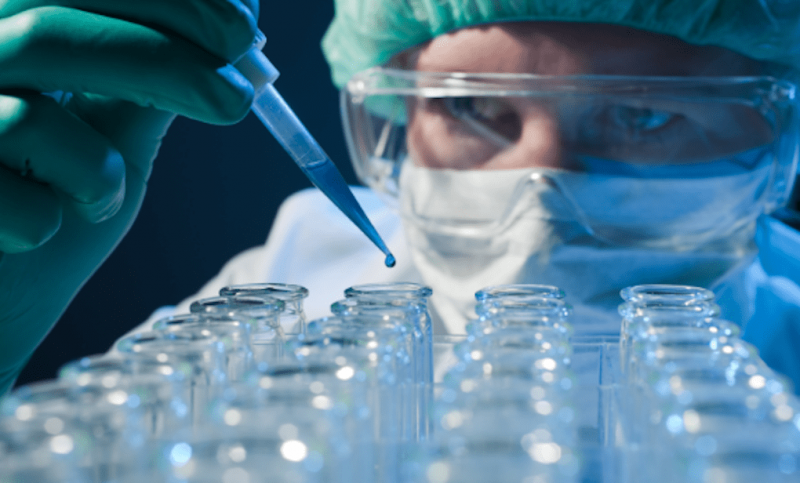China is pursuing a “very aggressive strategy” to become the world leader in biotechnology thanks to rapid innovation in computer sciences, says a US science and security expert, Mandy Mayfield of National Defense reported.
“Biotechnologies, including synthetic biology, are going to be foundational to the 21st century economy and they’re also going to be a critical arena for global competition in the geopolitical realm,” said Tara O’Toole, former undersecretary of Homeland Security for science and technology and current executive vice president at In-Q-Tel, an Arlington, Virginia-based firm that works with defense and intelligence groups.
“China in particular, is pursuing a very aggressive strategy to become the world leader in biotechnology,” she added.
A deepened understanding of biotech has moved the world towards a “biorevolution,” O’Toole said during a webinar hosted by the Center for Strategic and International Studies.
This could be the next stage in a series of scientific revolutions that have marked key inflection points in civilizations dating back hundreds of years, O’Toole said.
This type of revolution is founded on several core biological technologies, “but it is all about being able to read, write and edit the code of life,” O’Toole said.
DNA sequencing
One core technology is DNA sequencing, or the ability to read DNA. Another is DNA synthesis, or the ability to write code for DNA, National Defense reported.
“Our ability to write it, to synthesize DNA . is less advanced,” she said. “It’s slower, it’s more expensive, but again we are getting better and better.”
Gene editing is another core biotechnology. It allows scientists to alter a DNA sequence by adding, swapping or removing genes, National Defense reported.
“It is being used a lot, particularly in China,” she said. “It’s being used because it is very fast, cheap and relatively easy to use.”
Synthetic biology uses the aforementioned technologies to manipulate multi-cell systems in organisms in a way that can construct new biological parts, National Defense reported.
Each of these biotechnologies are being accelerated and improved by artificial intelligence methods, O’Toole noted.
“AI is going to fundamentally improve the accuracy and the speed and decrease the cost of all of these four biotechnologies,” she said. “It is already happening.”
To compete with Beijing, the United States should be measuring and tracking the global “bioeconomy,” including China’s, O’Toole said.
More personnel with backgrounds in life sciences and biotechnology should be brought into public service, and a new strategy needs to be created that would improve the US response to pandemics, she suggested.
Additionally, the Committee on Foreign Investment in the United States should continue to conduct reviews on China, she said. The committee is tasked with reviewing foreign investments in US companies that could have national security implications.
“We need to get rough on China’s investment,” she said.
























